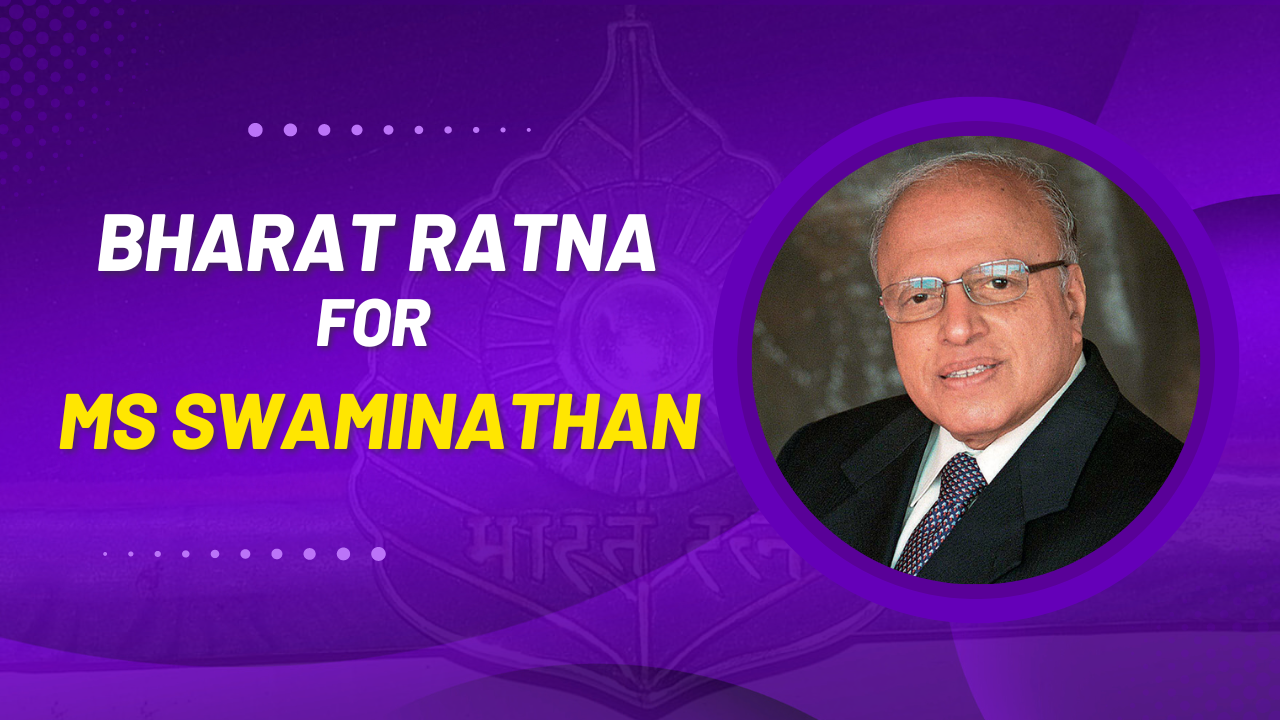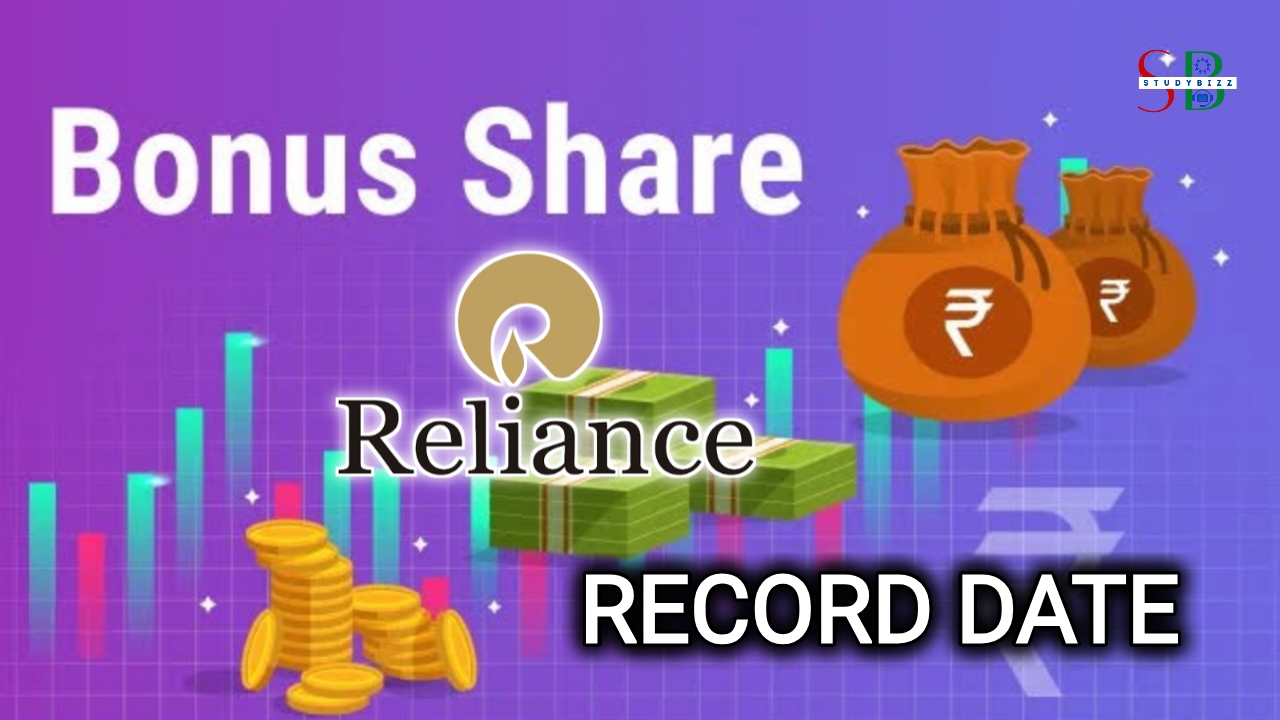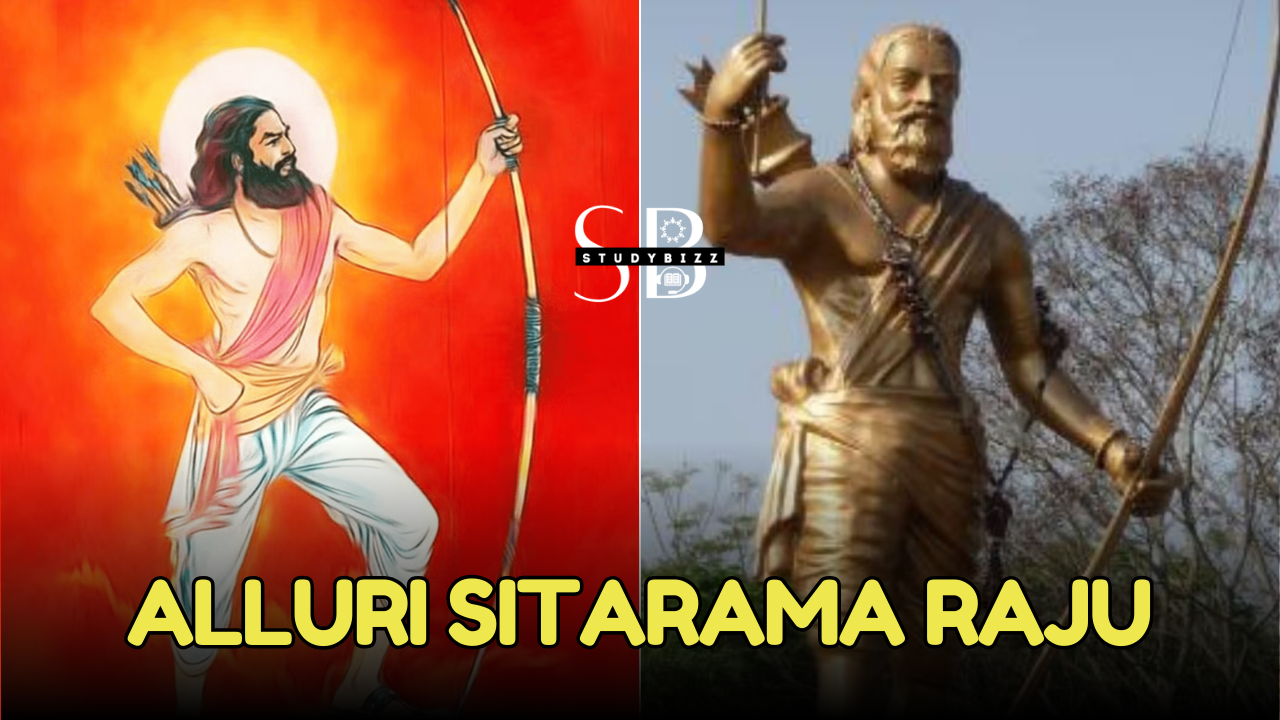Prime Minister Narendra Modi announced that the late Indian agricultural scientist MS Swaminathan, as well as former Prime Ministers PV Narasimha Rao and Chaudhary Charan Singh, would be conferred the Bharat Ratna on Friday (February 9).
“It is a matter of immense joy that the Government of India is conferring the Bharat Ratna on Dr. MS Swaminathan Ji, in recognition of his monumental contributions to our nation in agriculture and farmers’ welfare. He played a pivotal role in helping India achieve self-reliance in agriculture during challenging times and made outstanding efforts towards modernizing Indian agriculture. We also recognise his invaluable work as an innovator and mentor and encourage learning and research among several students. Dr. Swaminathan’s visionary leadership has not only transformed Indian agriculture but also ensured the nation’s food security and prosperity. He was someone I knew closely and l always valued his insights and inputs,” the PM wrote in a post on X.
Monkomb Sambasivan Swaminathan, 98, passed away last year on September 28. Called the ‘Father of the Green Revolution’, he played a major role in the set of changes introduced in farming in the 1960s and ‘70s that helped India achieve food security.
Early on in his career, he cleared the examination for the civil services but Swaminathan was interested in agriculture foremost and soon ended up pursuing research in the field.
He would go on to serve at several institutions related to the sector in both India and abroad – as an Independent Chairman of the Food and Agricultural Organisation Council (1981-85), President of the International Union for the Conservation of Nature and Natural Resources (1984-90), President of the World Wide Fund for Nature (India) from 1989-96 and the Director General of Indian Council of Agricultural Research (ICAR), among others.
Who was MS Swaminathan?
In an interview published by the MS Swaminathan Research Foundation, Swaminathan spoke about how he first became inclined towards agriculture at a time when he was expected to follow his father into the medical profession.
“It was at that time, in 1942, that Gandhiji gave a call for the Quit India Movement. And, in 1942-43, there was the Bengal famine. Many of us, who were students at that time and were very idealistic, asked ourselves, what can we do for independent India?”
“So I decided, because of the Bengal famine, to study agriculture. I changed my field and went to the Agriculture College at Coimbatore, instead of going to a Medical College,” he said.
The Bengal famine saw the deaths of between 2 million and 3 million people. The famine was man-made, the consequence of British policies at the time that were guided by World War II and the need to provide grains to its soldiers from its colonies.
Swaminathan added, “And, I also decided, to go into agricultural research, and that too in genetics and breeding, for the simple reason that a good variety has the largest impact. A large number of farmers, whether small or large, can benefit from a good strain of a crop. I also got fascinated with the science of genetics as a whole.”





Leave a Reply